I'm here to spill the tea: tea is tea-riffic. Whether you like tea or not, these 11 facts spill the tea (but not literally).
Tea is the world’s second most consumed beverage
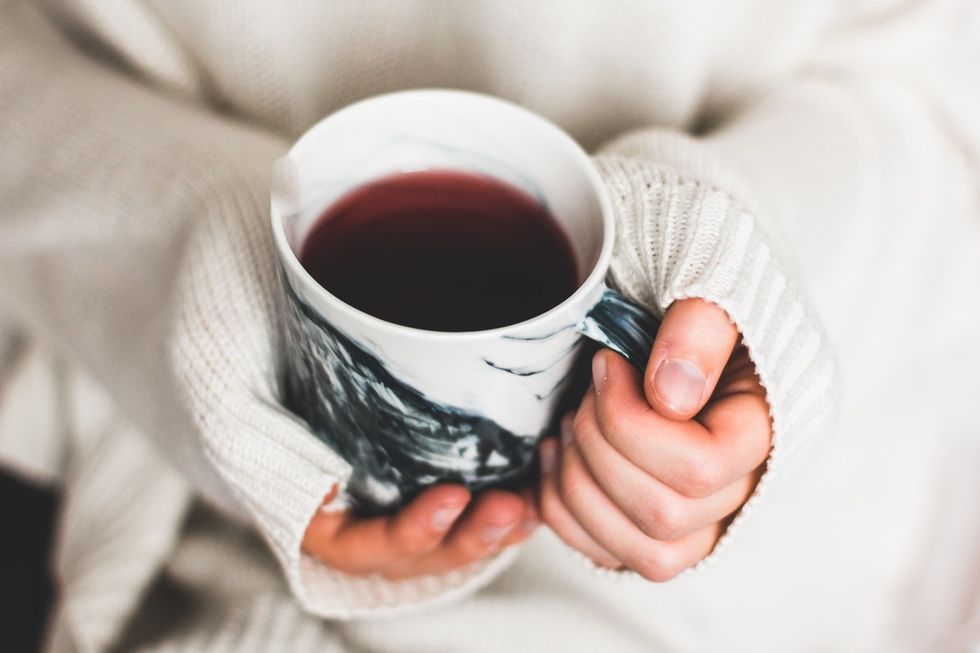
Sorry, coffee-loving Americans, but (besides water) tea is the world's second most consumed beverage. Which brings me to my second point that tea-haters should pay attention to (why are you reading this if you hate tea though?).
Just because you tried tea once and didn't like it doesn’t mean you should hate it
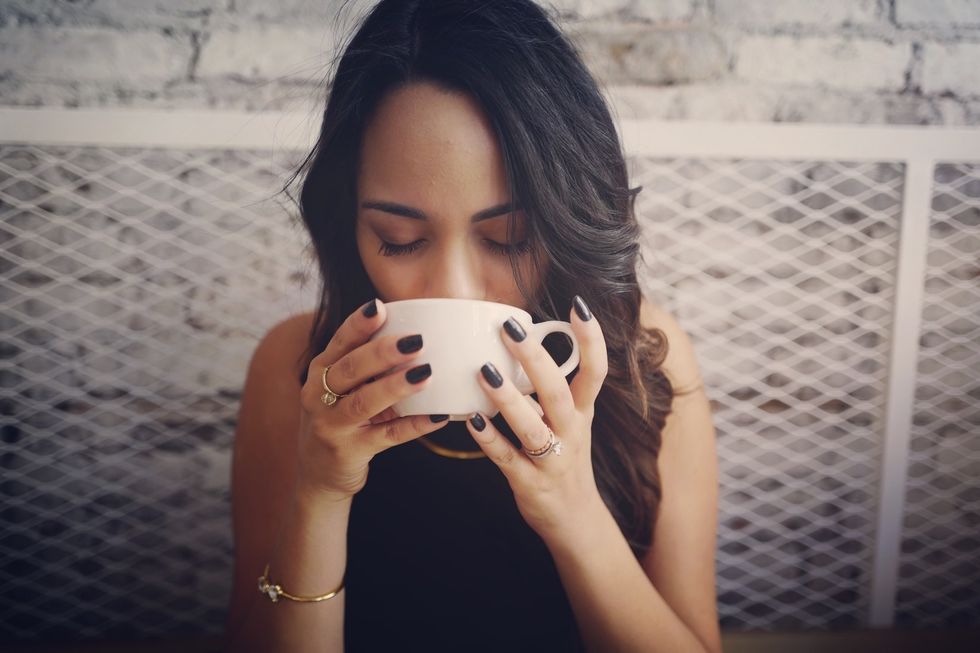
There are several factors involved in the flavor of tea from the tea leaves to the temperature of water used. I'm not saying you have to love it — there are certain kinds of tea that I prefer over others. But I don't think it's impossible to find a tea that you can enjoy.
True teas come from Camellia sinensis
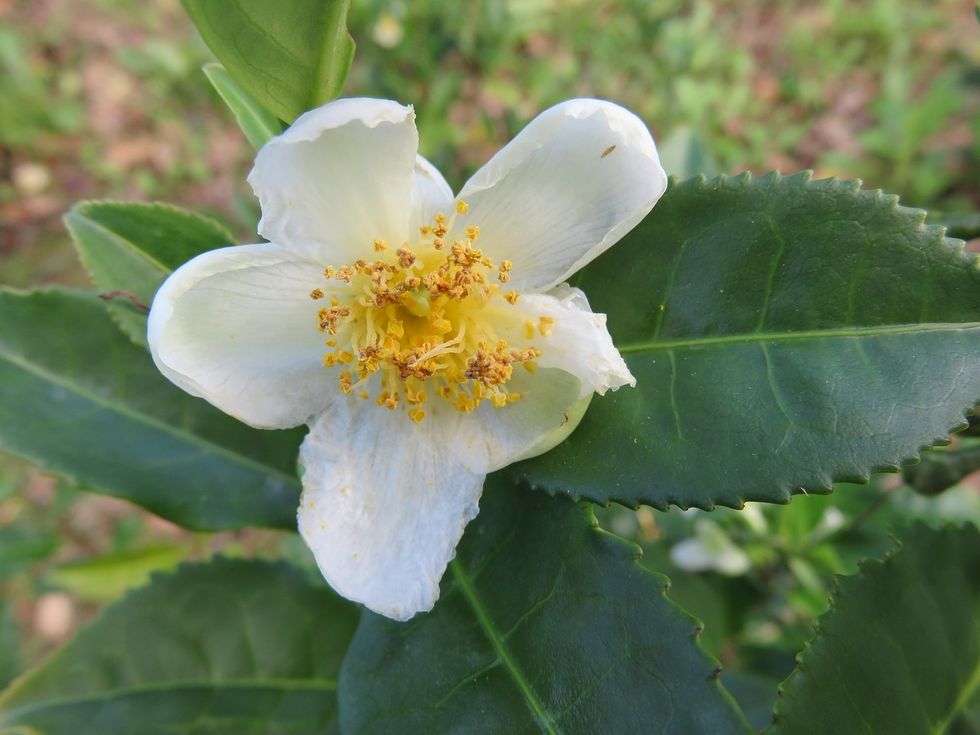
Green, white, black, pu-erh and oolong teas all begin from the Camellia sinensis plant. The difference between the different varieties (or should I say varie-teas?) is how the leaves are processed. Like wine and cheese, every kind of tea has a unique processing method used to create the final product.
Herbal “teas” aren’t tea
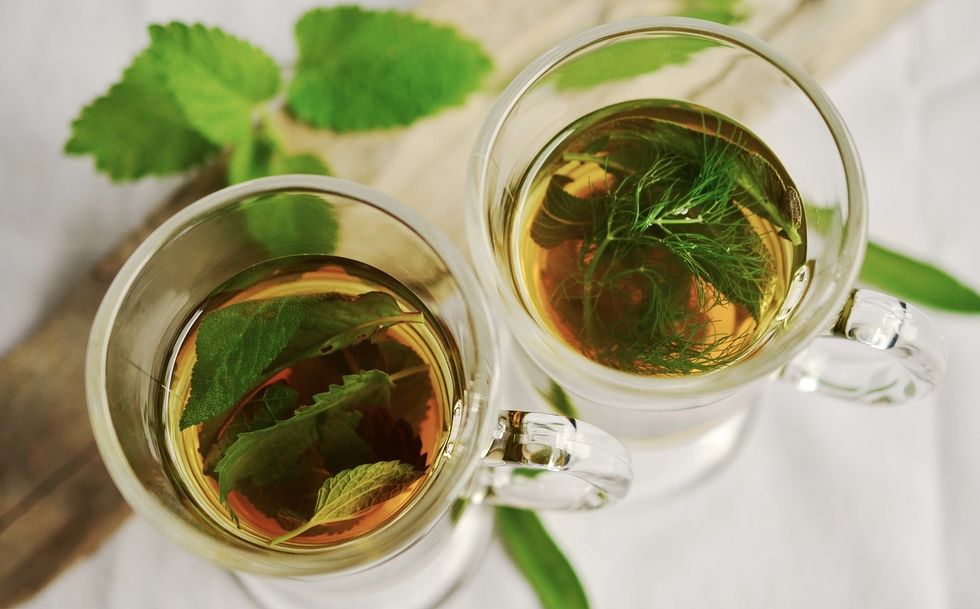
Herbs like chamomile, peppermint and lemongrass are — as the name implies — herbs. Since herbs are not from the Camellia sinensis plant, herbal teas technically aren't tea unless the herbs have been added to true tea leaves.
Loose tea is better than tea bags
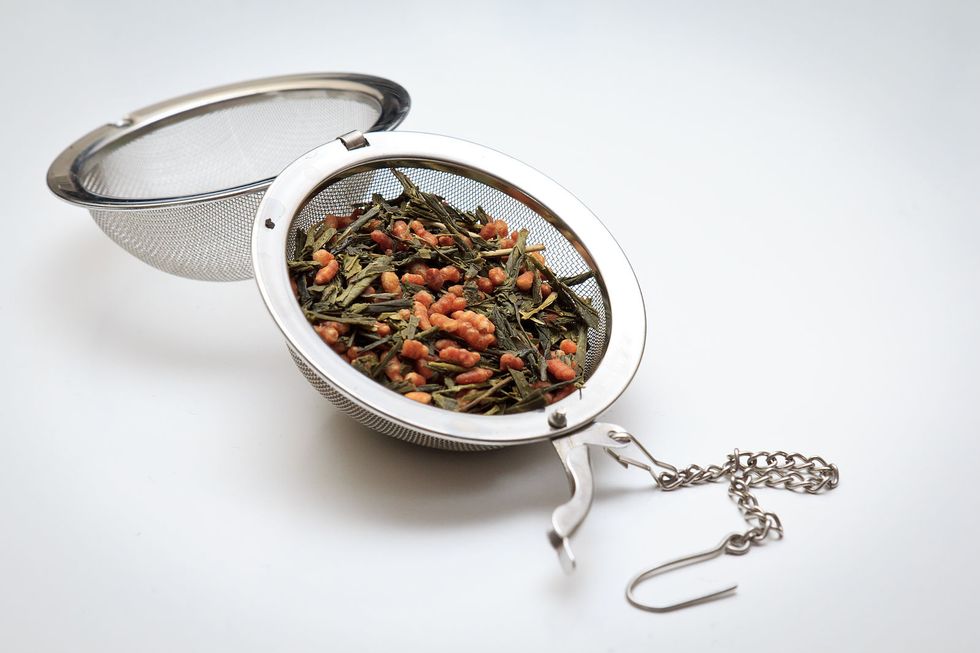
Yes, tea bags are more convenient and seem cheaper at face value, but loose tea is better. Most tea bags restrict the room that tea leaves need to expand when water is added.
Tea bags also tend to be made from lower grade tea which makes them seem more desirable at first glance since they're convenient and cheaper. But, you get what you pay for. While it may seem more expensive at first, loose leaf teas are of a higher grade and can be steeped several times, so you get more bang for your buck.
Tea helps you relax and focus
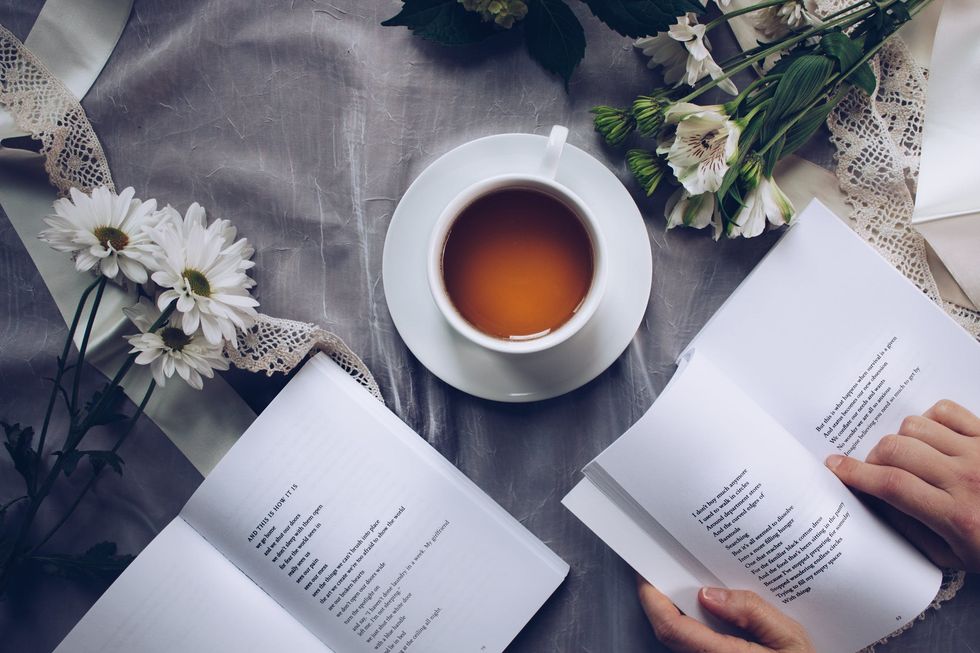
Tea contains the amino acid L-theanine that helps the brain relax and concentrate simultaneously.
Water quality matters
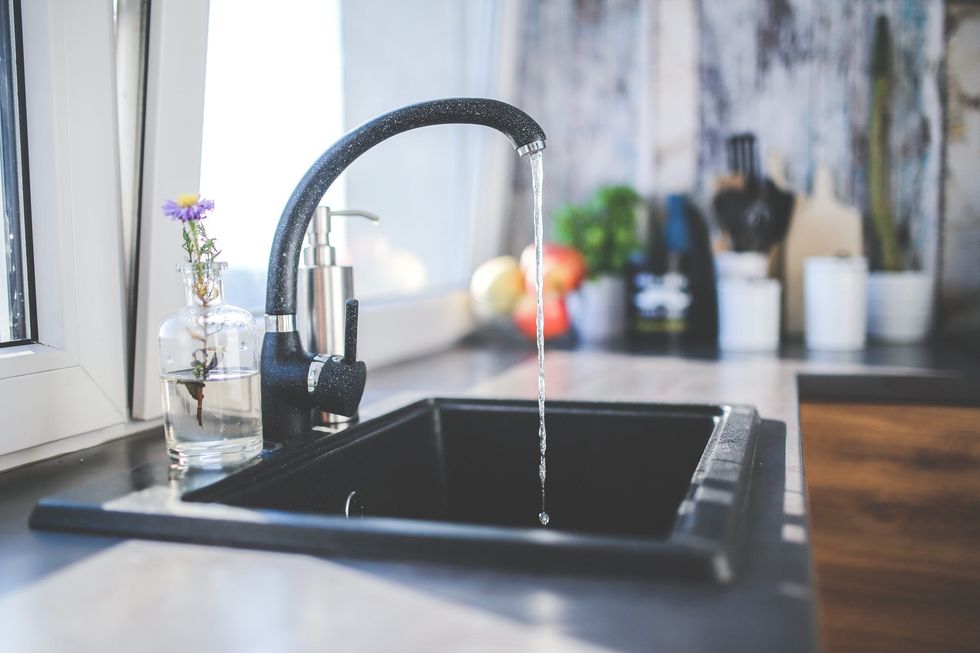
Impurities in water will lead to impurities in the flavor of the tea. Fresh water from a mountain spring is the best for tea, but not everyone has easy access to it.
Filtered water filters out the impurities like heavy minerals, metals and sediment, whereas distilled water removes all the minerals and nutrients and may leave your tea tasting "flat." However, tea will replenish many of the nutrients lost in distilled water.
Play around with different kinds of water to determine what combination of water and tea tastes best to you!
Temperature is important
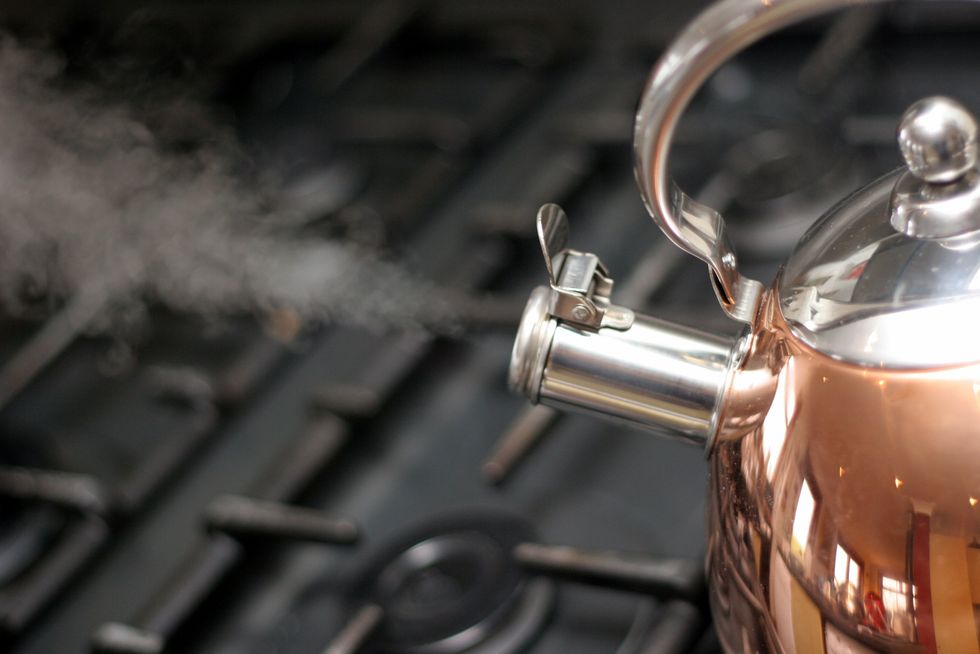
Hot water is important when brewing tea, but that doesn't mean you need it to be as hot as lava (which, if you were wondering, is around 1,300 to 2,200 degrees Fahrenheit). If the water is too hot, you risk burning the tea leaves which will (obviously) lead to a nasty flavor.
This article explains that water for white and green teas should generally be between 170 and 185 degrees Fahrenheit. Oolong should be brewed between 180 and 190. And black and herbal teas should be brewed between 208 and 212 degrees.
You don’t have to use a thermometer to check the temperature of your water
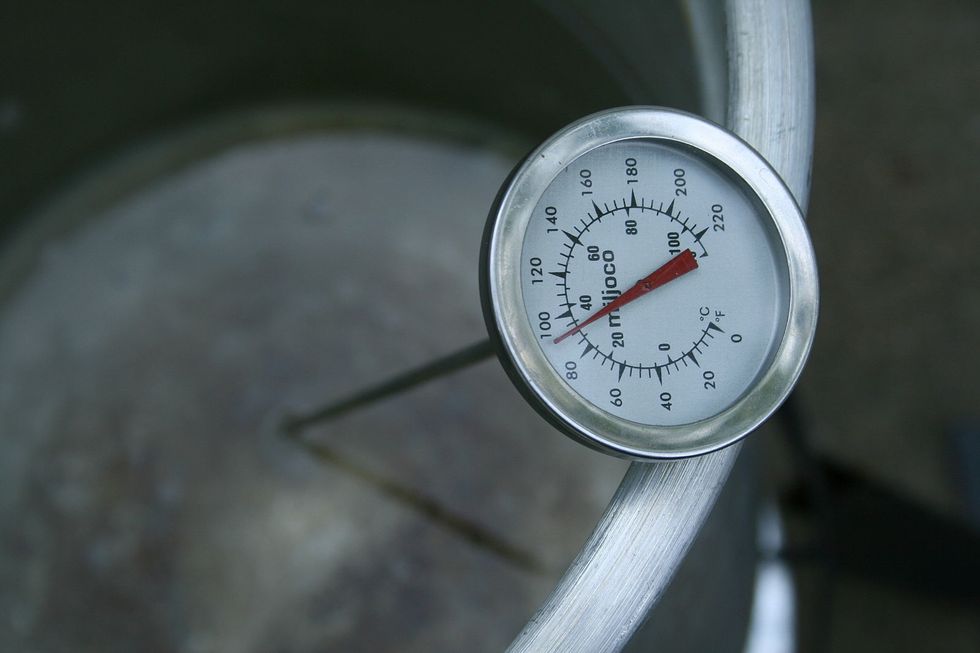
You can check how hot your water is by checking the size of the bubbles. This Chinese method explains the differences in bubbles and temperatures.
Steeping time matters
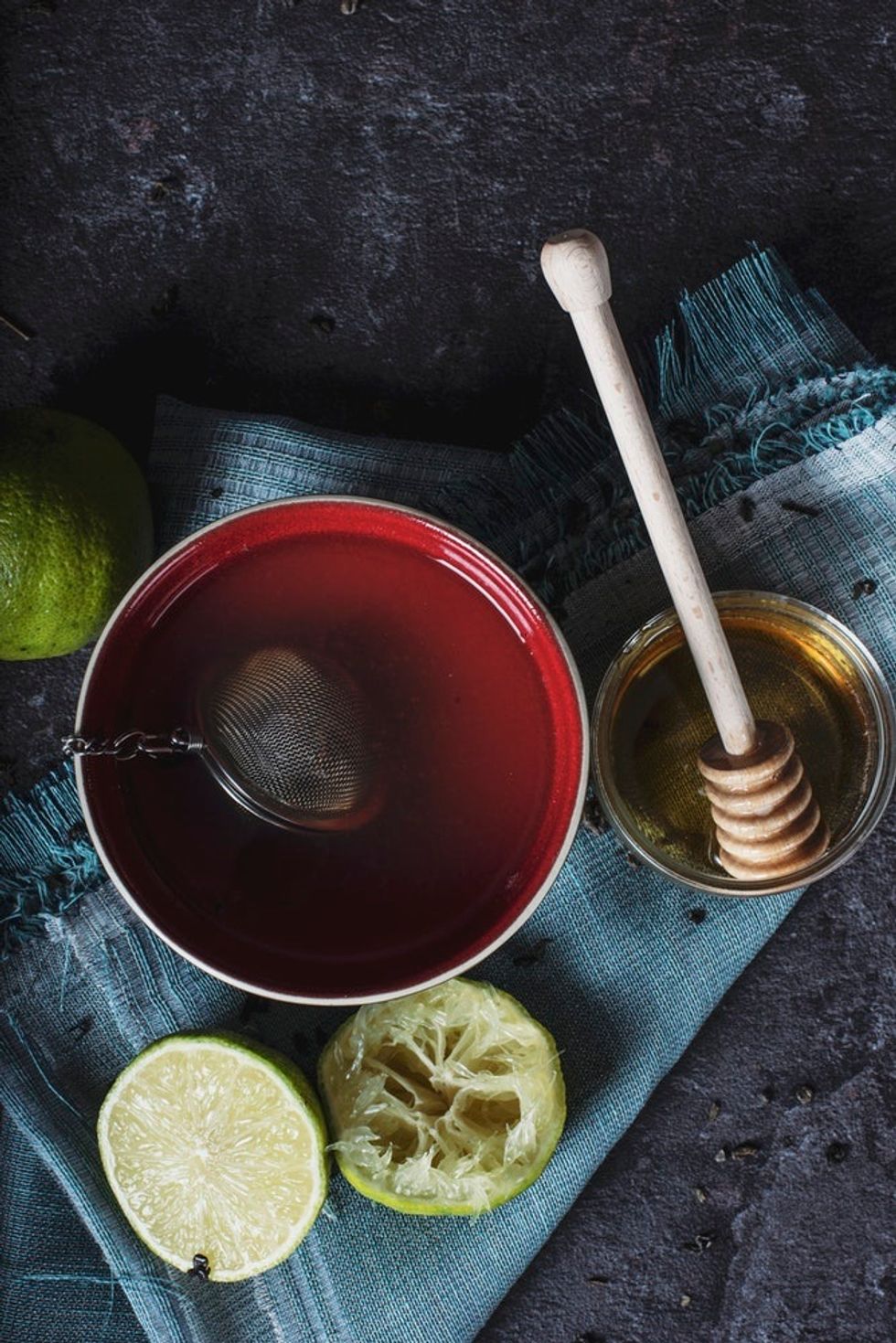
I know it's cute to leave your Loch Ness tea infuser in your cup, but please don't just leave your tea to steep the entire time you drink it. You wouldn't take a piece of cake out of the pan just to put it back in the oven to keep baking, so don't leave your tea steeping too long.
Each blend of tea has a unique steeping time, so be sure to check if the packaging has a recommended steeping time. If not, guides like this are helpful.
Also, let your tea steep for the full amount of time recommended. Don't try to rush it by stirring the tea or water around!
Cooling time is important
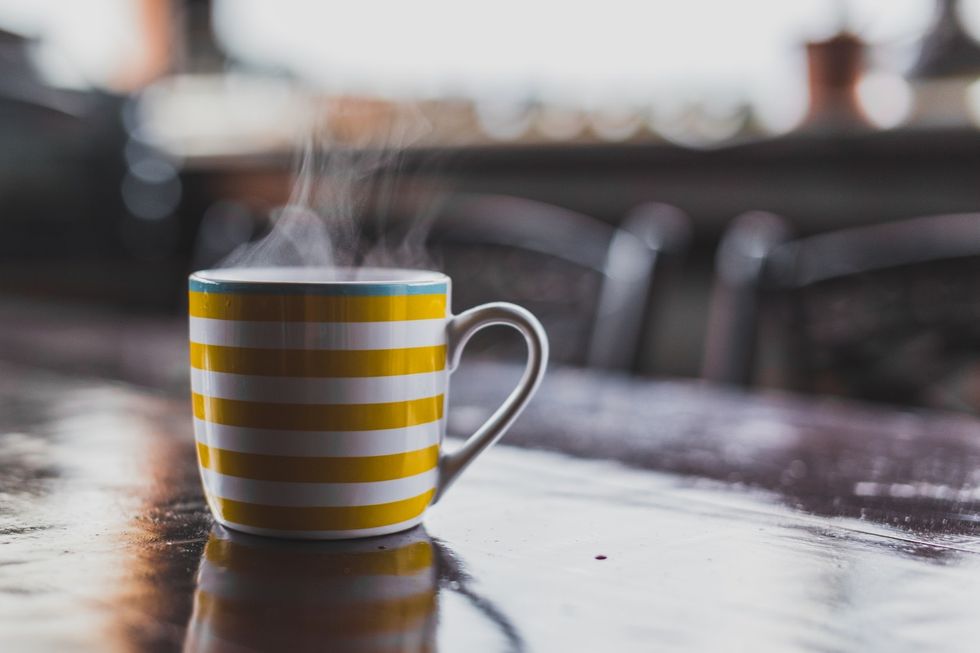
Unless you want to burn your tongue, give your tea some time to cool. Lighter colored teas, like white and green, don't need as much time to cool as black and herbal teas. Let the steam die down before taking a sip or serving to others.















